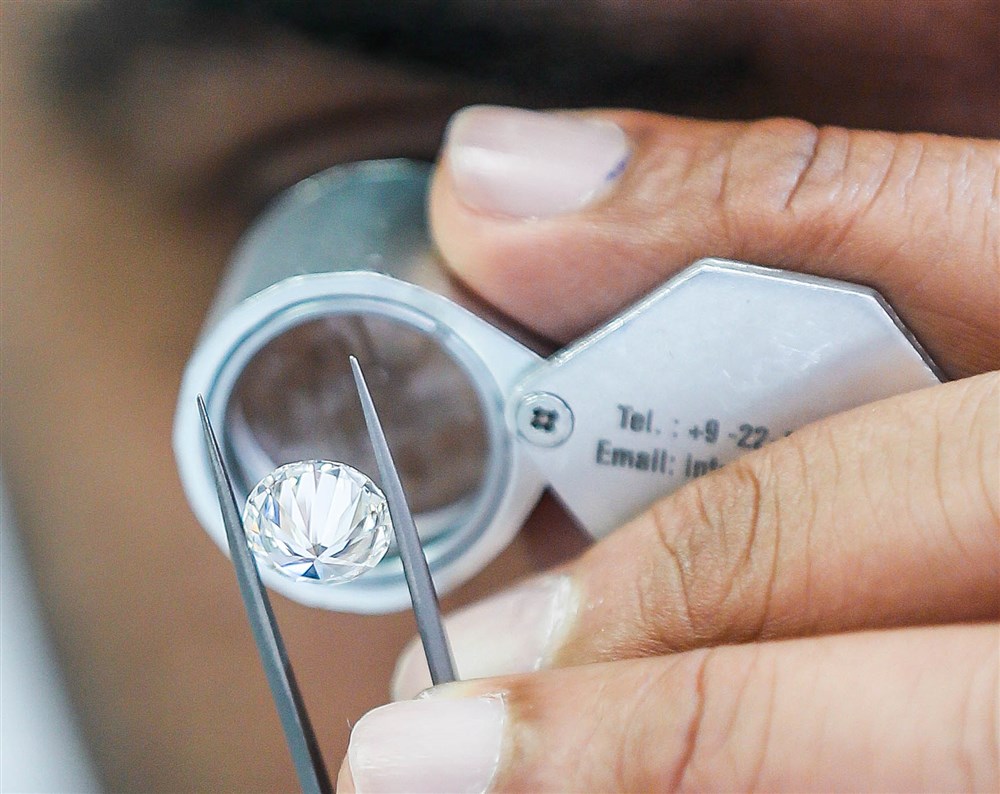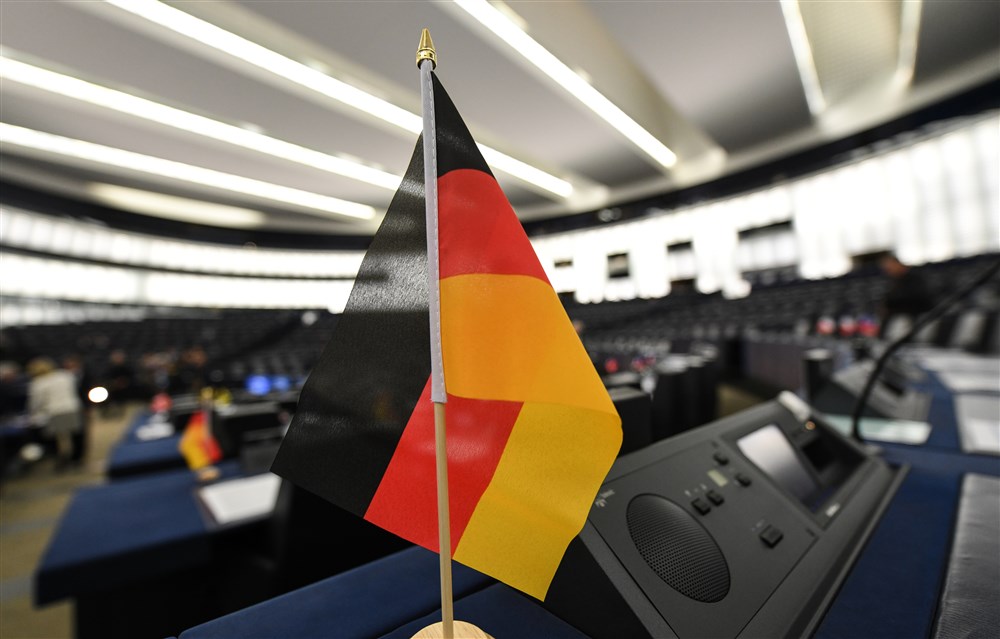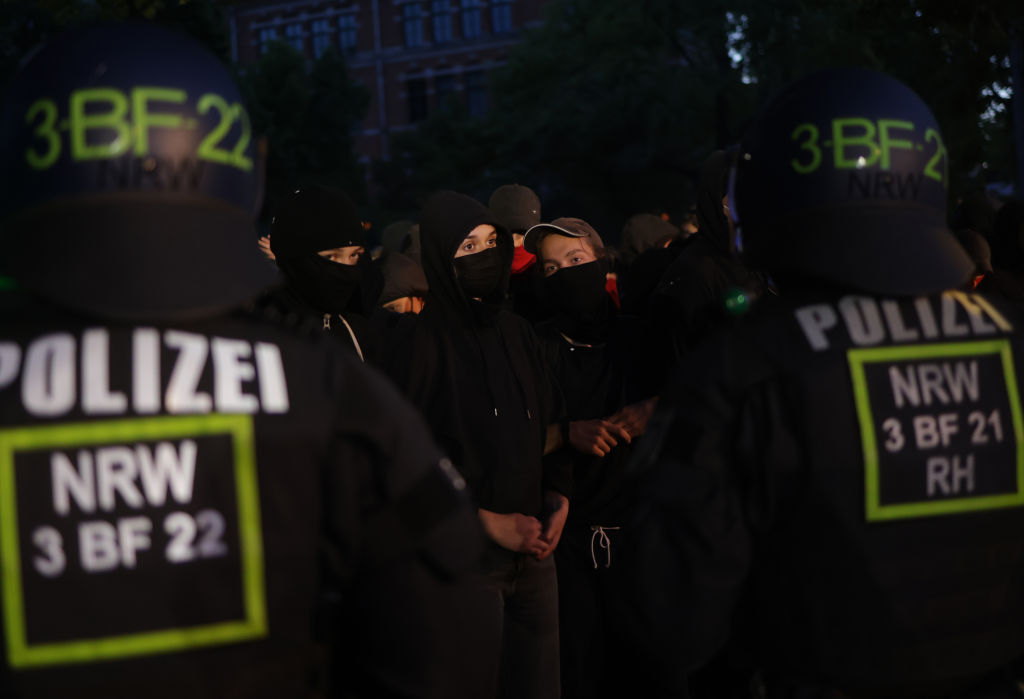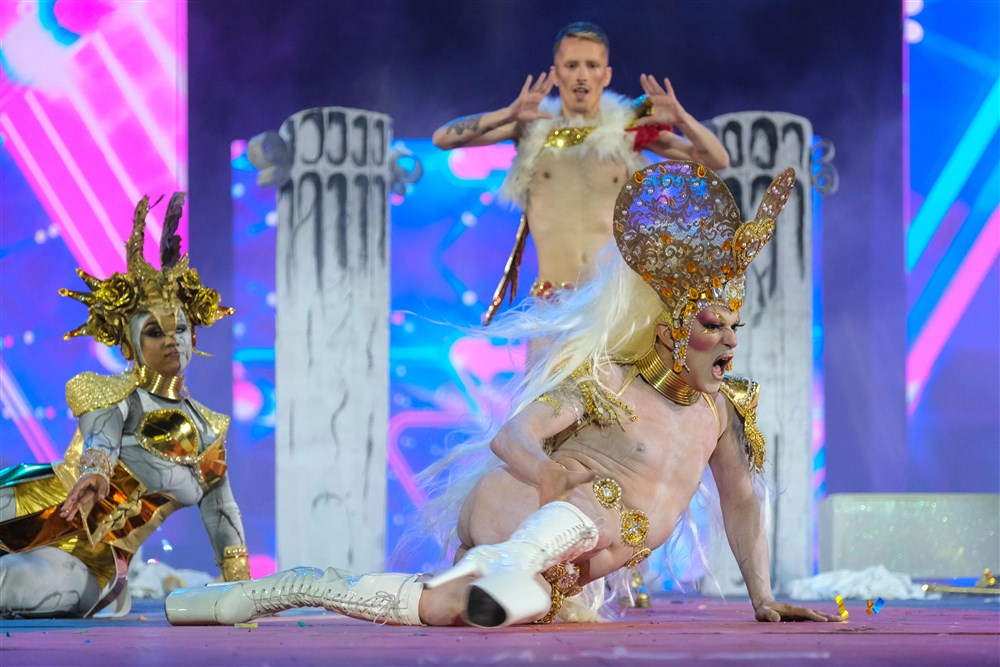Weak-willed Euro MPs have been hammered over their inability to stamp out fraud at the heart of the European Union, such as that revealed in the alleged Qatargate scandal.
The row over corruption erupted at a conference focused on building a stronger EU integrity framework, with representatives from oversight authorities in the bloc denouncing the policy of self-regulation regarding corruption among European institutions.
Ville Itälä, the Director-General of OLAF, the European Anti-Fraud Office, even went so far as to claim the so-called Qatargate scandal, implicating MEPs and other officials in bribery allegations, may not have happened if the EU Parliament had stuck to its guns in 1999.
At that time, OLAF agents hunting down suspected deceit should have been allowed to gain entry to its premises, he raged. However, he tempered his annoyance, jokily adding: “But we don’t fight with the security services.”
Emily O’Reilly, the European Ombudsman, meanwhile, welcomed proposed new reforms that have been promised to tackle corruption. She applauded planned improvements that include more transparency and limitations involving lobbying – if they are properly implemented. She pointed out that, since Qatargate accusations of fraudulent practices emerged, European citizens have become “a bit more literate and knowledgeable” about what a good ethics regime should look like.
“What they may well question,” she added, “is the extension to which self-regulation will remain a feature of a new regime, particularly in the [European] Parliament and in the [European] Commission.”
She continued: “Abandoning or significantly reforming self-regulation may be what’s needed to make this reform both credible and really effective.”
O’Reilly also underlined the importance of maintaining and promoting integrity at the heart of EU proceedings, saying that without such an approach, any agency designed to target corruption would be destroyed in a bloodbath of non-conformity.
“A weak new body will be devoured by a weak ethical culture, and changing that culture is the challenge for those that lead our institutions,” she said. She also expressed concern that the EC had not stood tall when challenged, as illustrated by its rejection of recommendations designed to tackle dishonesty in the past.
Věra Jourová ,the EC Vice-President for Values and Transparency, said it was now vital to boost the level of trust in European institutions. She noted increased public criticism across the bloc and referred to a call two years ago urging EU institutions to discuss ethics standards, a request that had only garnered a “hesitant yes” from the European Committee of the Regions and the European Economic and Social Committee at the time.
George Hyzler, Member of the European Court of Auditors, believes what he called harmonised standards would help address growing concerns over possible corruption and he supports any initiative that strengthens public trust in European institutions. However, he questioned just how the current plans put forward by the EC might help promote that.
He said Qatargate seemed to be a case of straightforward corruption, adding that “no code of ethics could address that particular problem”. He later spoke about the apparent reluctance of the European Parliament to adopt a range of anti-corruption recommendations.
Still, Itälä does believe there is now a desire to improve things in Europe, although he hinted that the proposed ethics body might still not be enough to tackle wrongdoing amid EU institutions. He seemingly remains unconvinced of EU commitment to stamp out deception among officials.
While he agreed there are already rules in place designed to tackle corruption and mandates to enable action against those found guilty of breaching rules, “the [European] Parliament doesn’t let us go to the members to investigate”. He accused the Parliament of not implementing existing regulations, and added: “Let us do our work, it will be a big step already.”
He was especially critical of the inter-institutional agreement signed in 1999 to scrutinise and investigate accusations of corruption, and the fact that it seems to be systematically thwarted by the European Parliament.
Asked if he could have prevented Qatargate, about which an investigation was launched by Belgian authorities rather than an EU-level body, he said it may have been possible – in theory.





